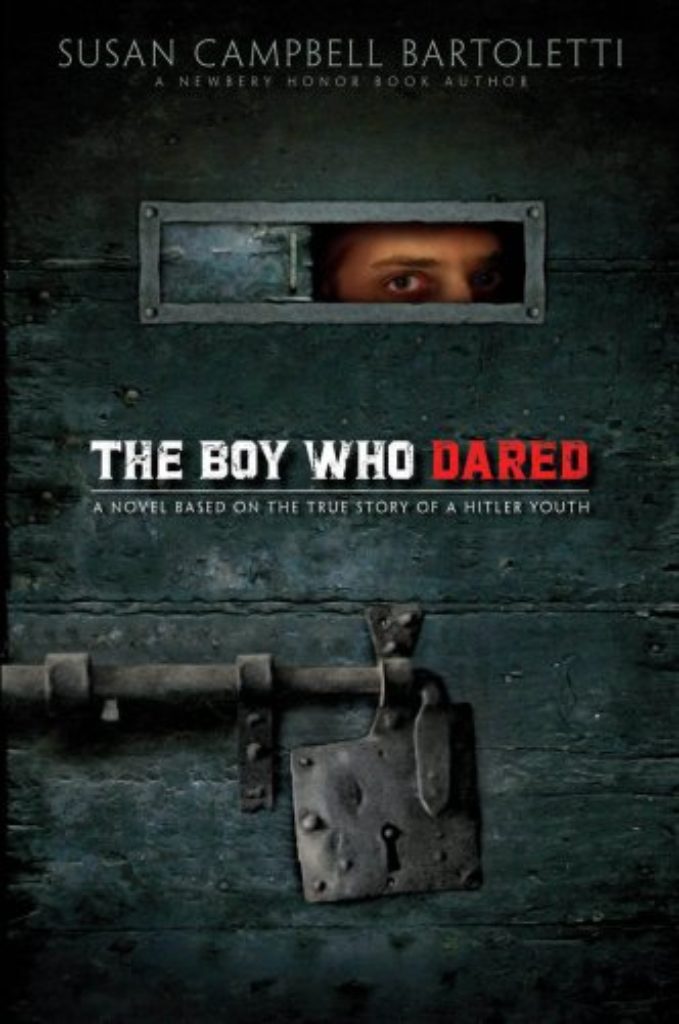This review was created by the editorial staff at Thriving Family magazine
This historical fiction book by Susan Campbell Bartoletti is published by Scholastic Press, Inc. and is written for kids ages 9 to 12. The age range reflects readability and not necessarily content appropriateness.











